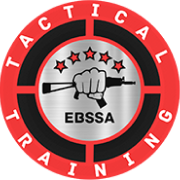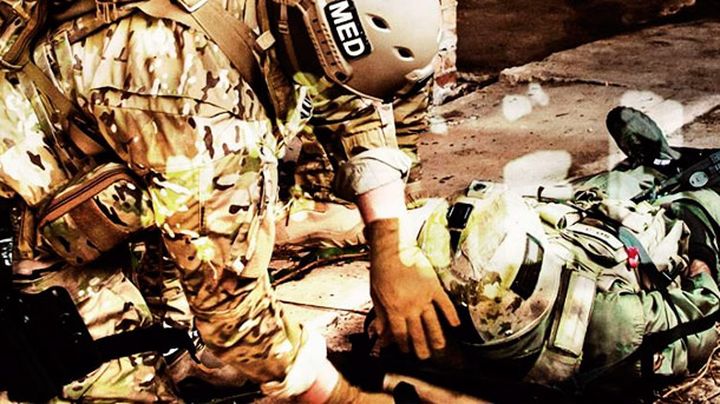Greetings, dear readers! Today, we are diving deep into a topic that is not only intriguing but also of critical importance in the realm of close protection work. Our focus for this discussion is Tactical Medicine and its profound significance in the field of personal security.
The Intersection of Medicine and Security
Close protection work often involves navigating high-stress, unpredictable environments. In such scenarios, the line between security and emergency medical response can blur. That’s where Tactical Medicine comes into play. It’s a specialized field that combines the best of both worlds, providing security professionals with vital medical skills.
The Role of Tactical Medicine
Tactical Medicine equips close protection officers with the knowledge and skills to provide immediate, life-saving medical assistance in critical situations. This could range from managing traumatic injuries to addressing sudden health crises.
Training in Tactical Medicine
Training in Tactical Medicine provides a solid foundation in trauma care, focusing on the principles of Tactical Combat Casualty Care (TCCC). This includes understanding the management of massive haemorrhage, airway management, and treatment of chest injuries, amongst other critical skills.
The Equipment
Just as important as the training is the equipment. Tactical medical kits are a staple in the close protection officer’s arsenal. These kits are packed with essential medical supplies, from tourniquets and bandages to chest seals and hemostatic agents.
Tactical Medicine in Action
The true value of Tactical Medicine shines through in high-stress situations. Whether it’s a sudden attack or a medical emergency, the first few minutes are crucial. Having a close protection officer trained in Tactical Medicine can make the difference between life and death.
The Bigger Picture
The importance of Tactical Medicine extends beyond the immediate benefits. By equipping close protection officers with medical skills, we’re also fostering a culture of comprehensive safety. It’s about creating an environment where the client feels secure, knowing that their protection detail is prepared for any eventuality.
Wrapping Up
In conclusion, Tactical Medicine plays an indispensable role in close protection work. It equips officers with the skills and knowledge to respond effectively to medical emergencies, enhancing their overall ability to protect their clients.
As we continue to explore fascinating topics related to security and protection, we invite you to share your thoughts and insights. Until our next discussion, stay safe and stay informed!


